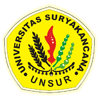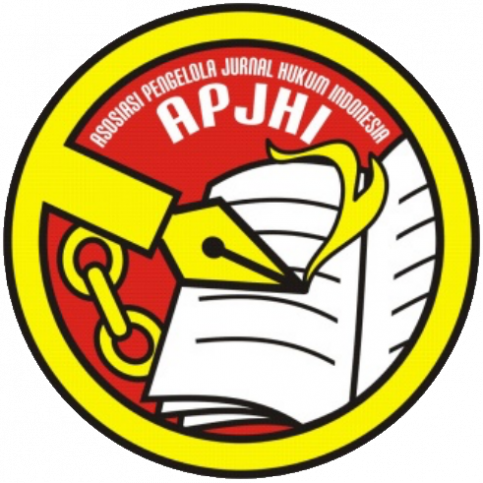- Focus and Scope
- Section Policies
- Peer Review Process
- Publication Frequency
- Open Access Policy
- Archiving
Focus and Scope
The focus of Journal Justiciabelen (JJ) is publishing the manuscript of outcome study, and conceptual ideas which specific in the sector of Law science. We are interested in topics which relate generally to Law issues in Indonesia and around the world. Articles submitted might cover topical issues in :
- Criminal Law;
- Civil Law;
- Constitutional Law;
- Administrative Law;
- Criminal;
- Procedure Code;
- Civil Procedure Law;
- Islamic law;
- Business Law;
- Environmental Law;
- Health Law; and
- Employment Law.
Section Policies
Articles
Peer Review Process
For every article that goes to Journal Justiciabelen (JJ), an initial review process will be carried out by the editorial board regarding the writing system that is adapted to the applicable standard environment.
Furthermore, the article will be sent to the peer reviewer to be checked through a double-blind peer review process carried out by 2 reviewers.
After that, the article will be returned to the author for revision or rejected when it has been reviewed by the reviewer. In each manuscript, peer reviewers will be assessed on a substantial aspect. This process takes a maximum of 2 weeks (two weeks).
Publication Frequency
Journal Justiciabelen (JJ), published 2 (two) times a year: January and July.
Open Access Policy
This journal provides immediate open access to its content on the principle that making research freely available to the public supports a greater global exchange of knowledge.
This journal is open access journal which means that all content is freely available without charge to users or / institution. Users are allowed to read, download, copy, distribute, print, search, or link to full text articles in this journal without asking prior permission from the publisher or author.
Archiving
Journal Justiciabelen (JJ), use the LOCKSS system to create a distributed filing system among participating libraries and allow those libraries to create permanent archives of journals for archiving and restoration purposes. More...






1.png)














